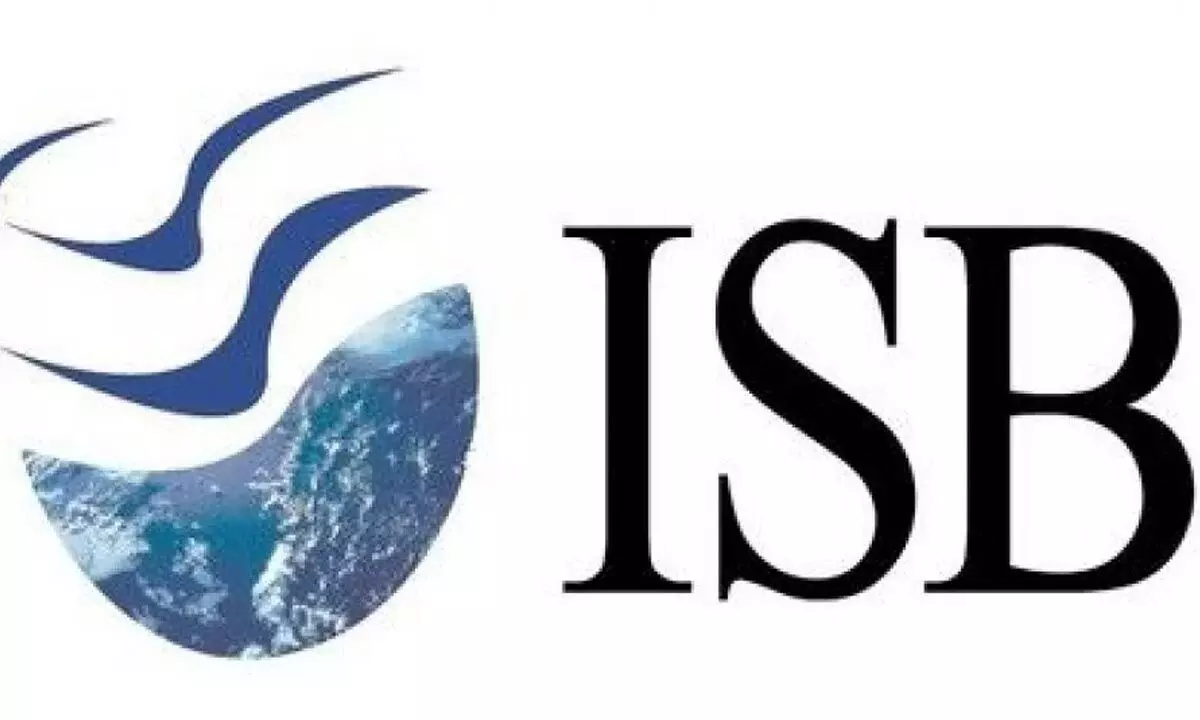Live
- One-man panel to visit three districts from Dec 27
- Monitor investments, creation of jobs: CS
- Hyderabad: City-based Karaoke group feted by Rafi family
- Rachakonda sees uptick in murders, kidnappings; overall crime rate rises
- Hyderabad: Police bust drug racket, three land behind bars
- HC extends Sengar’s interim bail till Jan 20
- Foundation stone laid for drinking water pipeline
- Hyderabad: Fake tea powder unit busted, stocks worth Rs 1.2L seized
- Mastermind of kidnapping gang targeting celebrities arrested
- Khanapur: Temples celebrate their anniversaries grandly
Just In
New models to improve health outcomes discussed at ISB Healthcare 4.0 Summit


Annual conference emphasises how management techniques can help improve healthcare system in public, private sectors
Hyderabad: The second edition of the ISB Healthcare 4.0 Summit, organised by ISB’s Max Institute of Healthcare Management (ISB- MIHM), served as a platform for key stakeholders to discuss emerging trends and their early use cases to improve health outcomes. Delivering the inaugural address, Professor Madan Pillutla, ISB dean, underscored the importance of health research and education. “ISB Max Institute of Healthcare Management is an inter-disciplinary research centre. Healthcare has been a priority area for us because it is a critical component of social development for countries like India. We are actively applying management principles in healthcare settings that can generate novel care models, and can inform policy as well as practitioners to make better decisions,” he said.
Speaking at the summit, B C Patnaik, Member (Life), Insurance Regulatory and Development Authority of India (IRDAI), said more than 41,000 hospitals are ready for cash-free health insurance benefits across the country. The health insurance ecosystem, which includes providers and payers (insurance companies), has contributed very meaningfully over the last many years. In future, the contributions are expected to be much more significant, benefiting people from all sections and all geographies,” he said.
“India, with a significantly large younger population and growing affluence, will be contributing in a major way as health insurance customers, which will go a long way in fulfilling the dream of ‘insurance for all’,” he added.
Setting the context for the conference, Professor Sarang Deo, deputy dean, ISB, and Executive Director, ISB- MIHM, said, “Our research has concentrated on integrating management principles into healthcare environments, encompassing both public and private sectors.”
He listed the concepts addressed by the summit: “We delve into connecting financial strategies to health outcomes, decentralised care models enhanced by technology, and lay particular emphasis on ways to address the growing burden of non-communicable diseases (NCDs) and lifestyle-related ailments.”
Moderating a panel discussion, Dr Nachiket Mor, a noted health expert and visiting faculty, The Banyan Academy of Leadership in Mental Health, said while
India has made progress in health care, there are challenges which need to be addressed.
“States like, Bihar and UP, have as yet been unable to address the burdens of maternal and child mortality fully. States like Kerala have a high and rapidly rising burden of unmanaged diabetes and hypertension,” he pointed out.
“The formal public and private sectors continue to play a modest role, with much of the care being provided by the informal sector. This is paid for directly by the consumer with little financial protection. There is a need to fundamentally redesign the service delivery and financing models to address these issues,” he said.

© 2024 Hyderabad Media House Limited/The Hans India. All rights reserved. Powered by hocalwire.com






